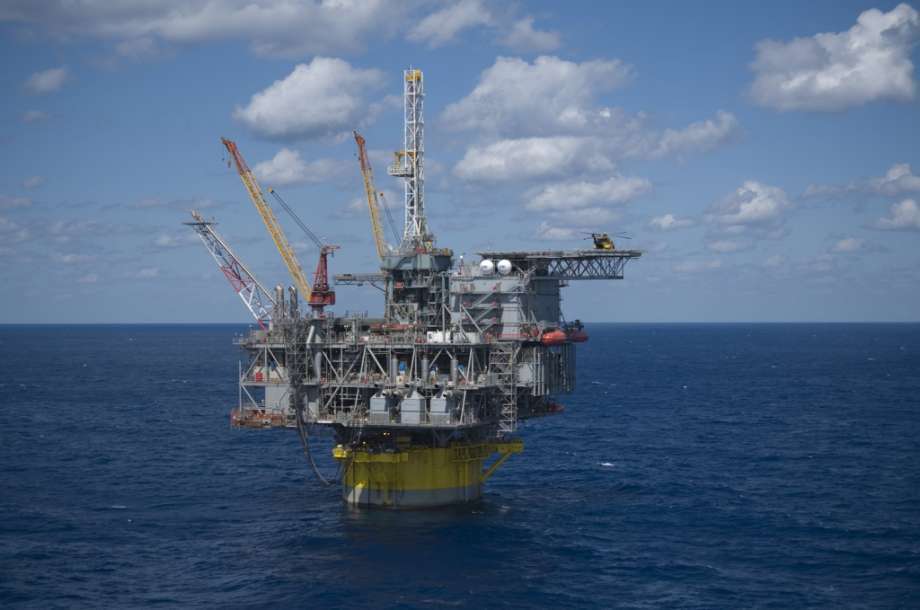
In the span of a few hours, Royal Dutch Shell Plc became the new king of Mexico’s deep waters.
The super major — which once dominated the country’s oil industry and operates the deepest prospects in the U.S. side of the Gulf — made a comeback by winning about a third of the offerings in Mexico’s biggest-yet bidding round.
The auction of exploration and production permits on Wednesday was the strongest sign so far that Mexican President Enrique Pena Nieto’s energy reform is bearing fruit by luring investment plans that will help get Mexico’s oil production back on track.
“Mexico is having, thank God, much success attracting investment from national and foreign oil companies,” oil commissioner Juan Carlos Zepeda said after the auction. “This is being achieved with very good financial terms for the Mexican government.”
The Latin American nation is touting its riches to bring Big Oil’s billions back eight decades after seizing assets from Shell and Standard Oil Co. of California, the remnant of the John D. Rockefeller empire that later became Chevron Corp. A unit of Shell was responsible for more than 60 percent of the country’s production before the 1938 expropriation of foreign assets, according to a government website.
Under state-owned Petroleos Mexicanos, which held a monopoly until a 2013 reform, production in the country has dwindled year after year. Meanwhile, on the other side of the maritime border with the U.S., Shell’s Stones and Perdido prospects are the world’s two deepest offshore projects, according to the company’s website.
In Wednesday’s bidding round, Shell won rights to nine of the 29 prime Gulf of Mexico tracts offered near the U.S. side where the company is already active. The Hague-based producer nabbed four areas in the Salina basin as a lone bidder, four in the Perdido area in a partnership with Qatar Petroleum, plus one with Pemex.
“We commend Mexico on a historical, successful bid round,” Andy Brown, upstream director at Shell, said in an emailed statement. “The proximity and technical similarity of this opportunity to our leading position in the U.S. Gulf of Mexico will allow us to benefit from and build upon decades of experience, complementing our position in the region.”
Chevron, Italy’s Eni SpA and a unit of Petroliam Nasional Bhd also won their share of rights. If the areas are successfully developed over the life of the contracts, they could add as much as 1.5 million barrels of daily crude production, nearly doubling the country’s current rate, and require investment of as much to $93 billion, according to Deputy Energy Minister Aldo Flores.
The government expects to receive more than 64 percent of the profits earned from the contracts, Zepeda said. First production is forecast to start by 2028. Mexico’s deep waters are estimated to hold 28 billion barrels of prospective reserves, according to the country’s oil regulator.
Shell, which won rights to develop a shallow-water area with Total SA last year, also opened gasoline stations throughout Mexico in 2017. The company’s country chief, Alberto de la Fuente, said at the time that the company will invest at least $1 billion in fuel stations alone over the next 10 years in Mexico.
Recommended for you
